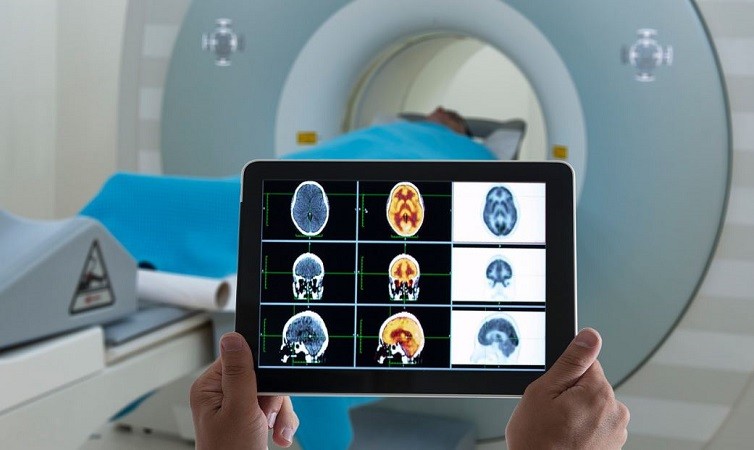
NEW DELHI: An Australian research team may have found a blood biomarker that might detect dementia risk far earlier and guide people in making lifestyle adjustments to help prevent the disease.
The national science agency of Australia, the CSIRO, and Macquarie University researchers discovered that having higher levels of 3-HAA can increase an individual's risk of Alzheimer's by 35 times.
The researchers examined 239 samples from individuals with a 75-year-old average. 166 of them went on to develop Alzheimer's disease. In an extensive study of healthy elderly Australians over a lengthy period of time, samples were obtained every 18 months.
According to research by Macquarie Medical School's David Lovejoy, someone with elevated levels of 3-HAA is 35 times more likely to develop Alzheimer's than someone with normal levels.
This is the first time that greater 3-HAA levels have been demonstrated to be a disease-related early warning indication. 3-HAA has been seen to really decline in the past after a dementia diagnosis, but no one has ever looked back to measure it before.
The team was therefore taken aback to discover that elevated 3-HAA levels were a powerful predictor of the likelihood of acquiring moderate cognitive impairment, which can result in a dementia diagnosis.
Study finds, potential blood biomarker that can signal risk of dementia
5 effective Ayurvedic ways to treat Diabetes Type 2
Lancet study finds Smallpox vax against monkeypox may not be lasting